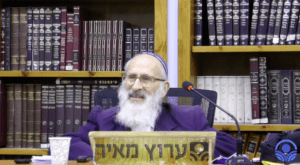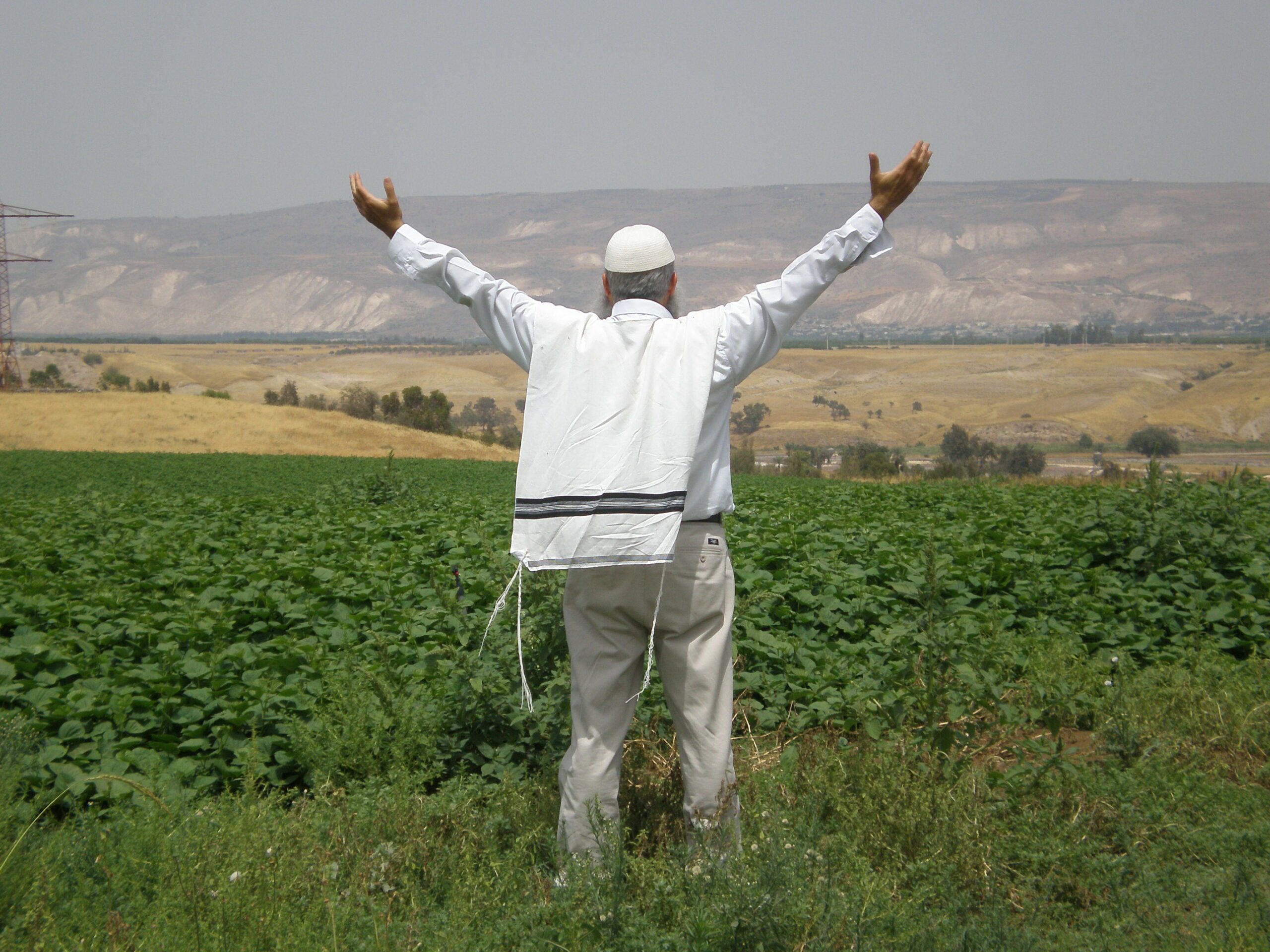HALLEL ON YOM HAATZMAUT
by HaRav Shlomo Aviner

Other articles and responsa of HaRav Aviner at: https://web.archive.org/web/20210224200412/http://www.ravaviner.com/
Question: Should we recite Hallel with a blessing on Yom Ha-Atzmaut?
Answer: We derive the answer to this question from what our Sages say about reciting Hallel on Purim. They explain that Hallel is not recited on Purim for three reasons (Megillah 14a): 1. The miracle of Purim occurred outside of the Land of Israel (this reasoning does not, however, apply to Pesach which occurred before we even arrived in the Land of Israel). 2. After the miracle, we were still slaves to Achashverosh. It is thus not logical to recite the verse from Hallel: “Praise, servants of Hashem.” 3. The reading of the Megillah takes the place of reciting Hallel.
So it seems straightforward regarding Yom Ha-Atzmaut: its miracle occurred in the Land of Israel in which we are servants to Hashem (and not to the non-Jews), and it has no Megillah reading in place of Hallel. Rabbenu Tam (one of the Tosafot), however, established that Hallel is only recited on a miracle which occurred for the entire Jewish People (Tosafot, Pesachim 117a). If the miracle did not occur for the entire Nation, Hallel should be recited without a blessing. The Meiri and the Chida (Shut Chaim Sha’al) also hold this way. The Rogotchover Rebbe explains that this is the reason that Chizkiyahu, King of Yehudah, did not sing a song of praise after the fall of Sancheriv, since the miracle did not occur for the entire Jewish People (a number of the tribes were already exiled). Accordingly, one does not recite Hallel with a blessing for a miracle which occurred only for those who dwell in Zion. In truth, however, the “Entirety of the Jewish People” means the Nation who dwells in the Land of Israel. Jews who dwell in Exile are dangling limbs who we pray will return to us. In his article “Reciting Hallel on the holiday of Ha-Atzmaut” (The Laws of Yom Ha-Atzmaut and Yom Yerushalayim, p. 146), Ha-Gaon Ha-Rav Shlomo Goren proves this idea from the Gemara. He points to a discussion concerning “[A matter] overlooked by a community”: If the Sanhedrin was mistaken in a ruling and the community followed them, there is an obligation to bring a sacrifice for sinning. Who is this community? Those who live in the Land of Israel. This is based on a verse in the Book of Melachim (1 8:65) which refers to the Jews in Israel as “all of Israel”: “And at that time Shlomo held a feast for all of Israel with him, a great congregation, from the entrance of Chamat to the Wadi of Egypt, before Hashem our G-d’” (Horayot 3a). The Rambam emphasizes that all of our holidays exist only in the merit of there being Jews in the Land of Israel. If it could be imagined that there were no Jews there at all, the entire order of the holidays would collapse, something which would never occur, G-d forbid, because of the divine promise to always have some Jews living in the Land of Israel (Sefer Ha-Mitzvot positive commandment #153). The Chatam Sofer adds that those who dwell in the Land can even be ordinary people such as vinegrowers and farmers (Shut Chatam Sofer, Yoreh Deah #134). The strength of the Nation of Israel living in the Land of Israel can also be seen in the Rambam ruling that in theory there could be an agreement among the Sages to renew “Semichah” (ordination which Moshe received from Hashem and was passed on through the generations until the Romans prohibited it with capital punishment) and the Sanhedrin (the Jewish Supreme Court), “provided that this will occur in the Land of Israel” (commentary on Mishnah Sanhedrin, chap. 1).
Another proof is provided by Chanukah. Despite the fact that at the time of the Chasmonean victory a majority of the Jews were outside of Israel, they nevertheless recited Hallel. There are those, however, who reject this parallel arguing that Chanukah was a deliverance of the entire Nation of Israel because the Chasmonean victory against the Hellenists and the rededication of the Temple affected the entire Nation. But one can respond: The establishment of the State of Israel also affects the entire Nation! Our Rabbis teach: “The sole difference between this world and the Days of the Messiah is the servitude to the nations” (Berachot 34b). In other words, in this world, the non-Jews tell us what to do, but in the Days of the Messiah we will decide for ourselves. If so, doesn’t the establishment of the State, which enables us to decide matters for ourselves, have a direct connection to the Days of the Messiah? Does this concern the entire Nation of Israel? – It certainly does!!
It once happened that a delegation from the Religious Kibbutzim met with the Chief Rabbi of Israel, Ha-Gaon Rav Yitzchak Nissim, and asked why the Chief Rabbinate ruled to recite Hallel without a blessing. He responded in earnest the Chief Rabbinate needed to do this in order to avoid increasing disputes amongst the Nation of Israel. It is better, he reasoned, that a majority recite Hallel without a blessing than a minority with a blessing, i.e. if we rule that Hallel should be recited with a blessing only a minority of the people will accept this ruling, whereas if we rule the opposite the majority will follow. The delegation then asked him: What about one who wants to recite it with a blessing? He responded: A blessing will come upon him. Ha-Gaon Rav Shlomo Goren had already ruled that Hallel should be recited on this day with a blessing.
Baruch Hashem – Blessed is Hashem, we therefore merit saying Hallel on Yom Ha-Atzmaut with a blessing.






